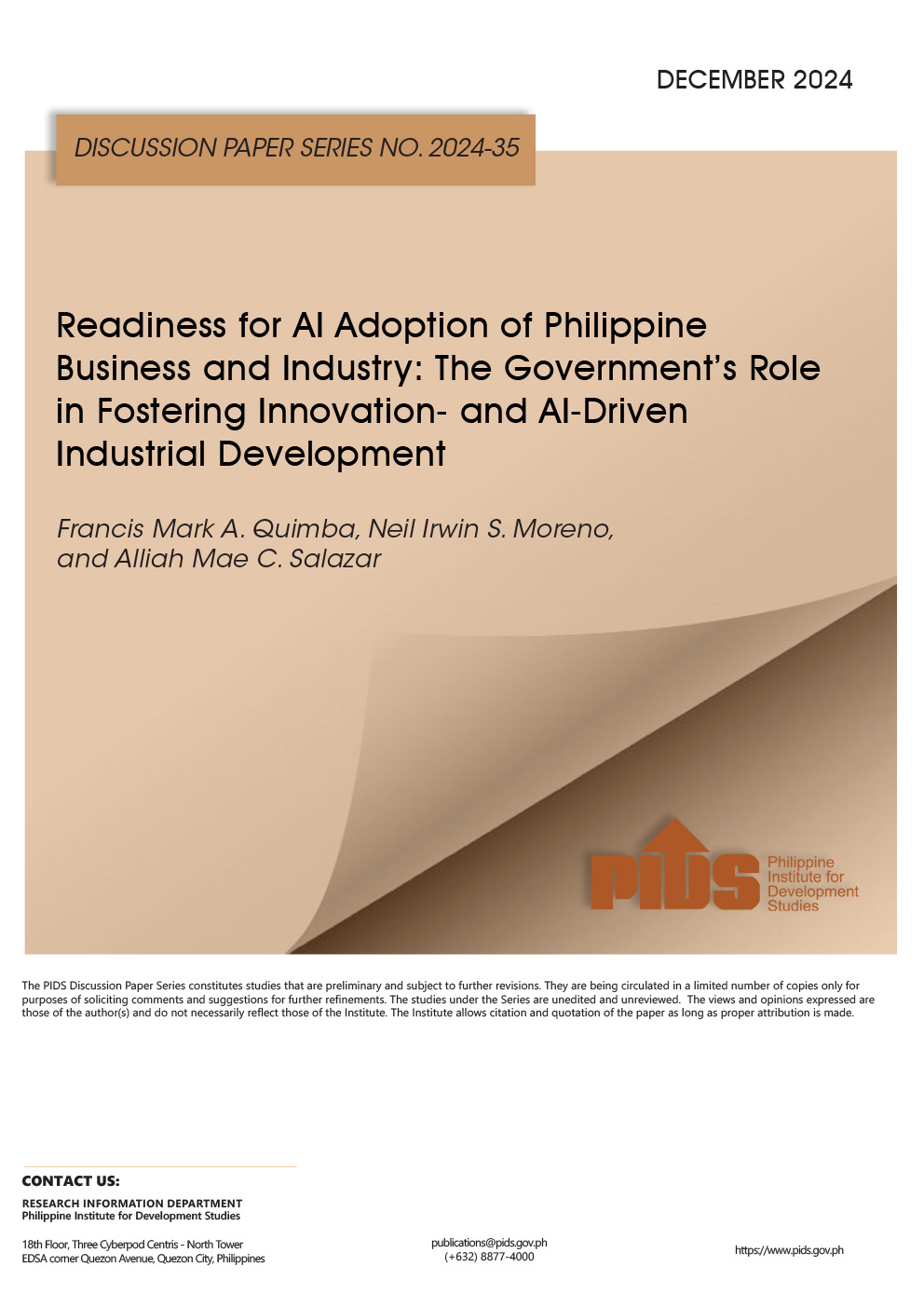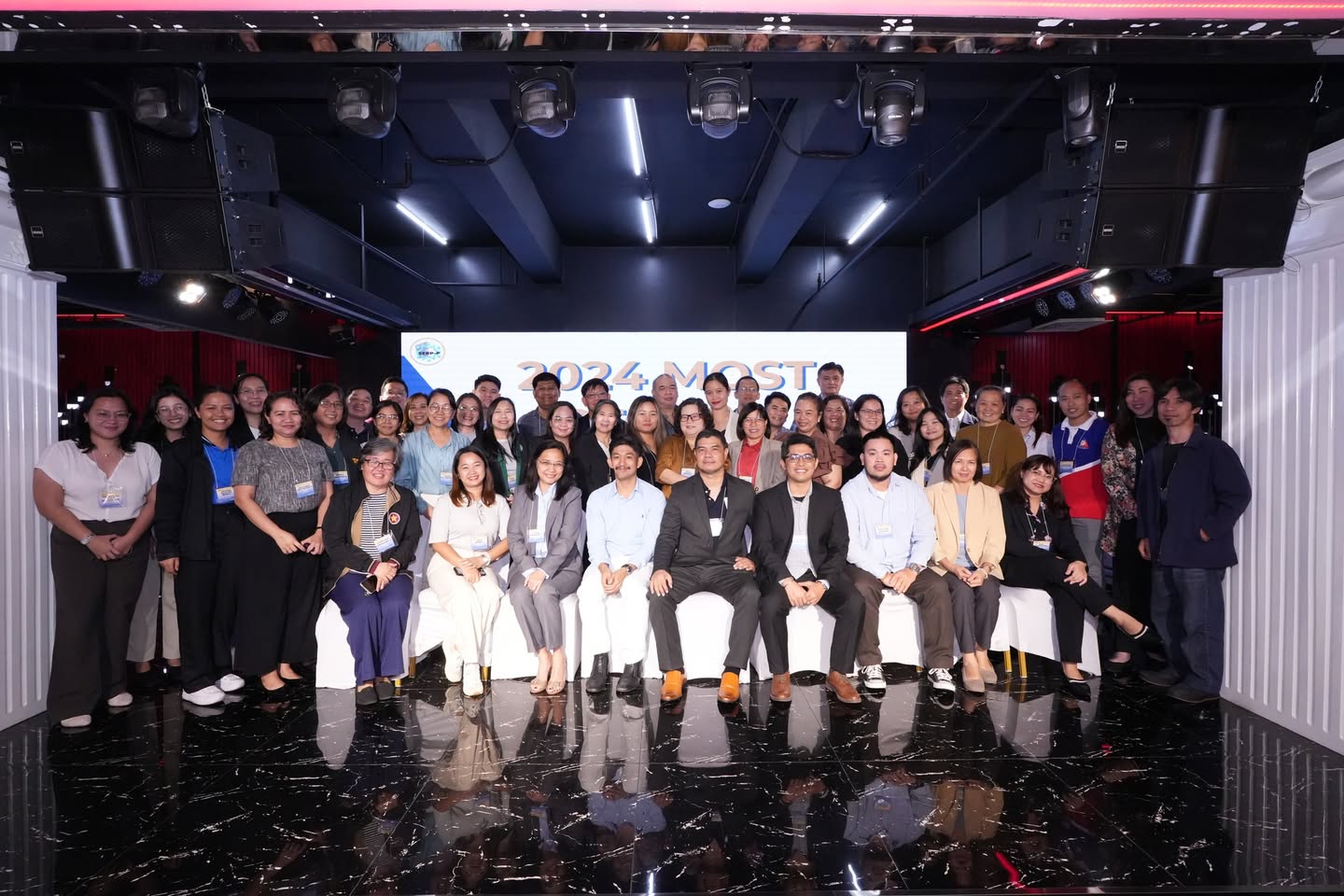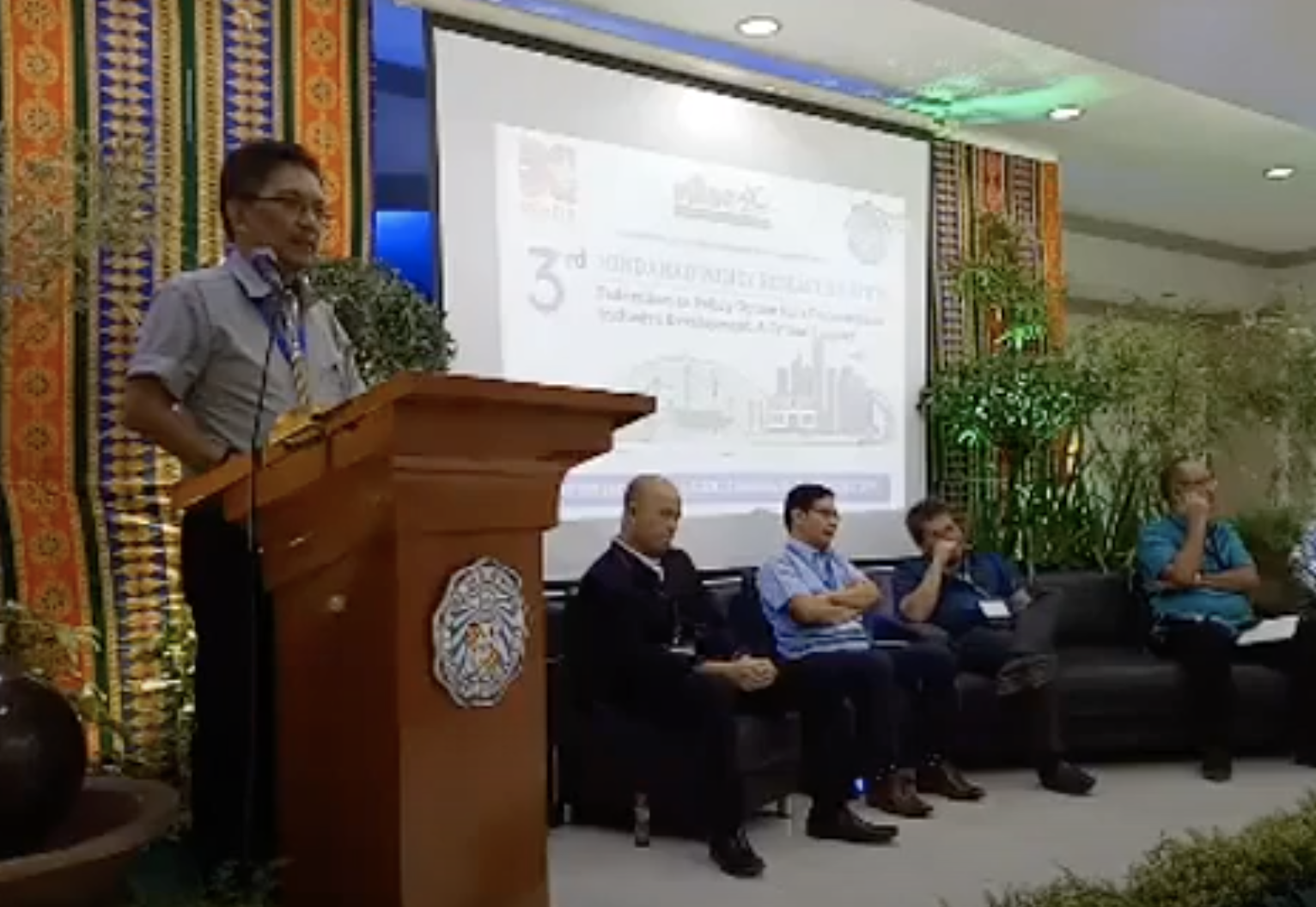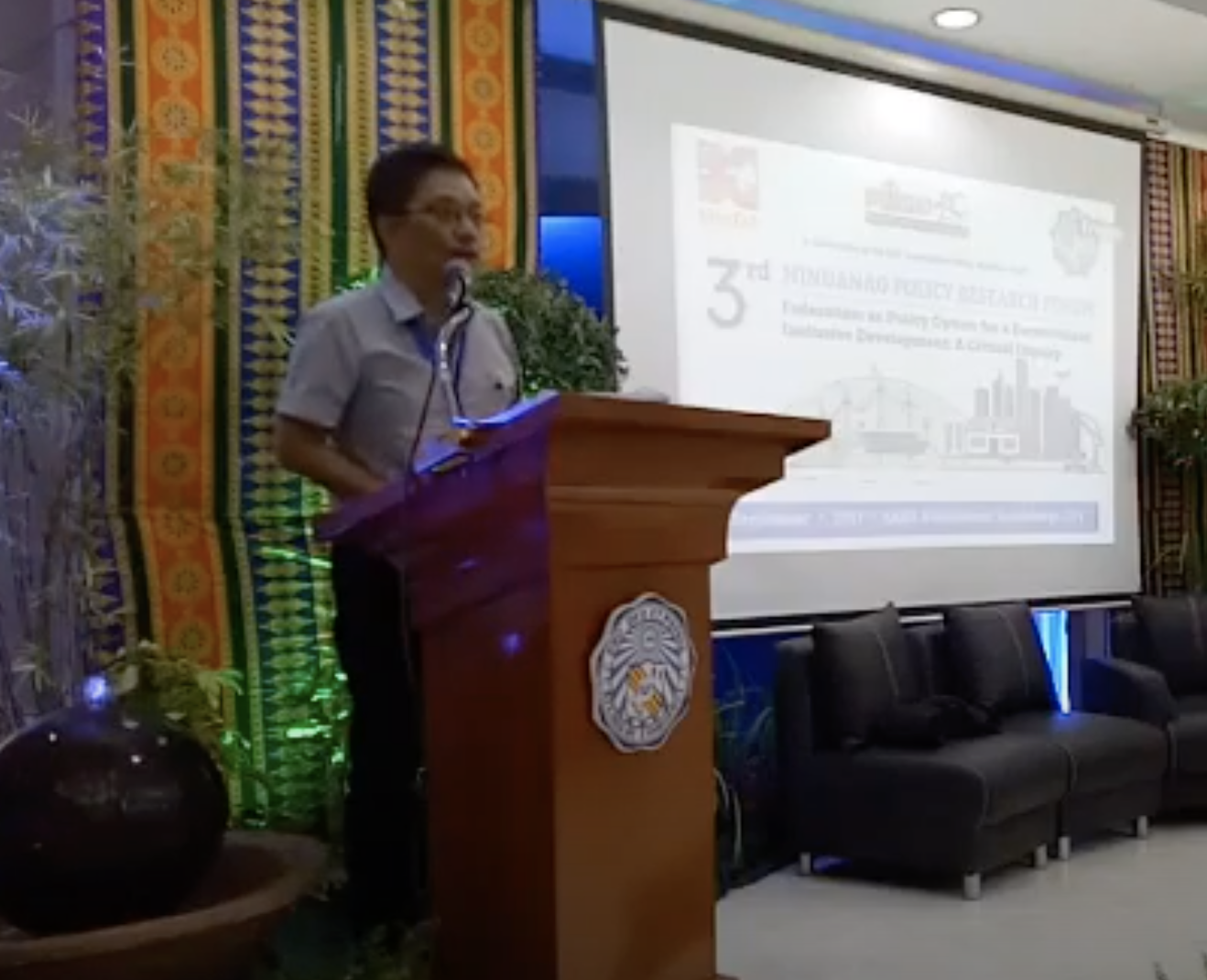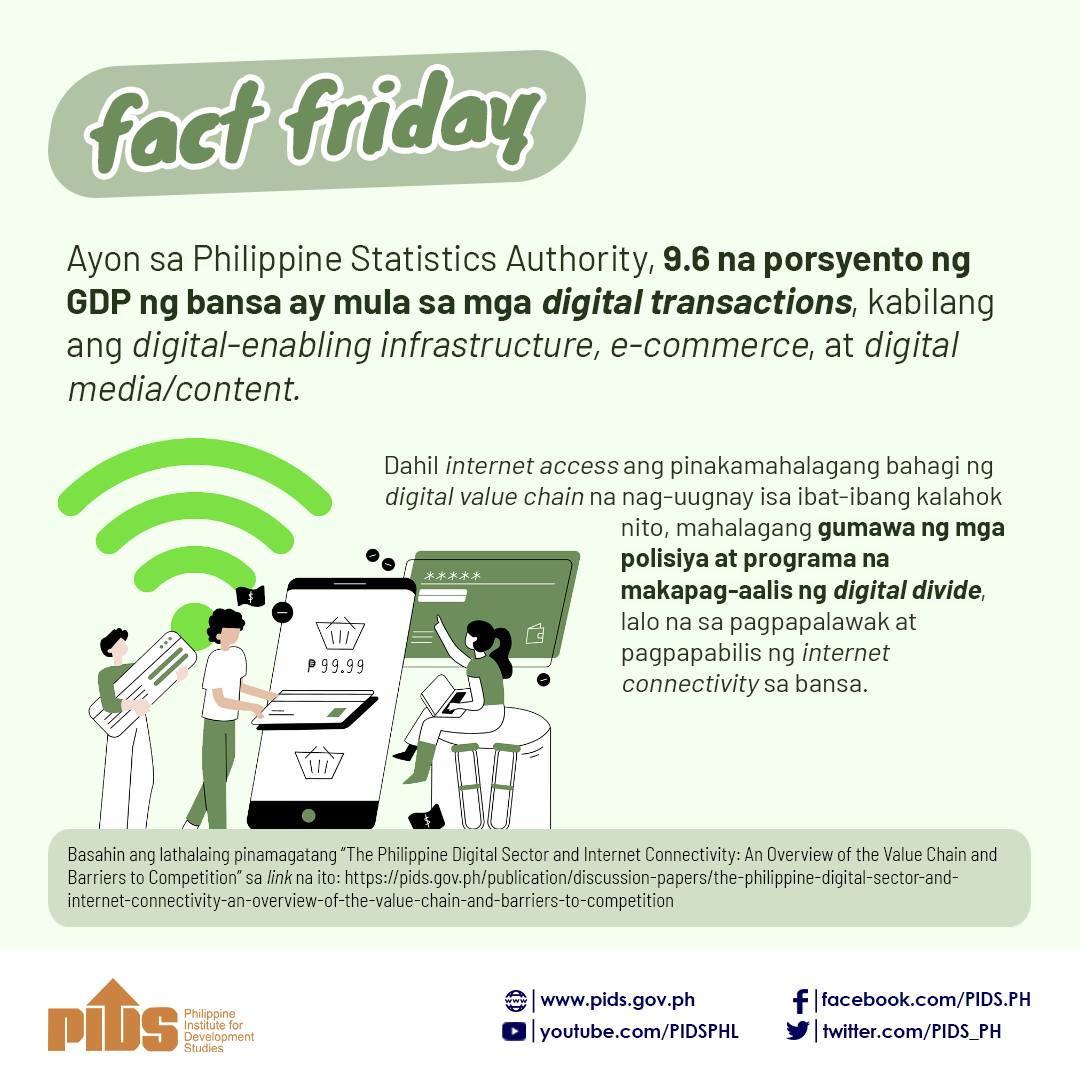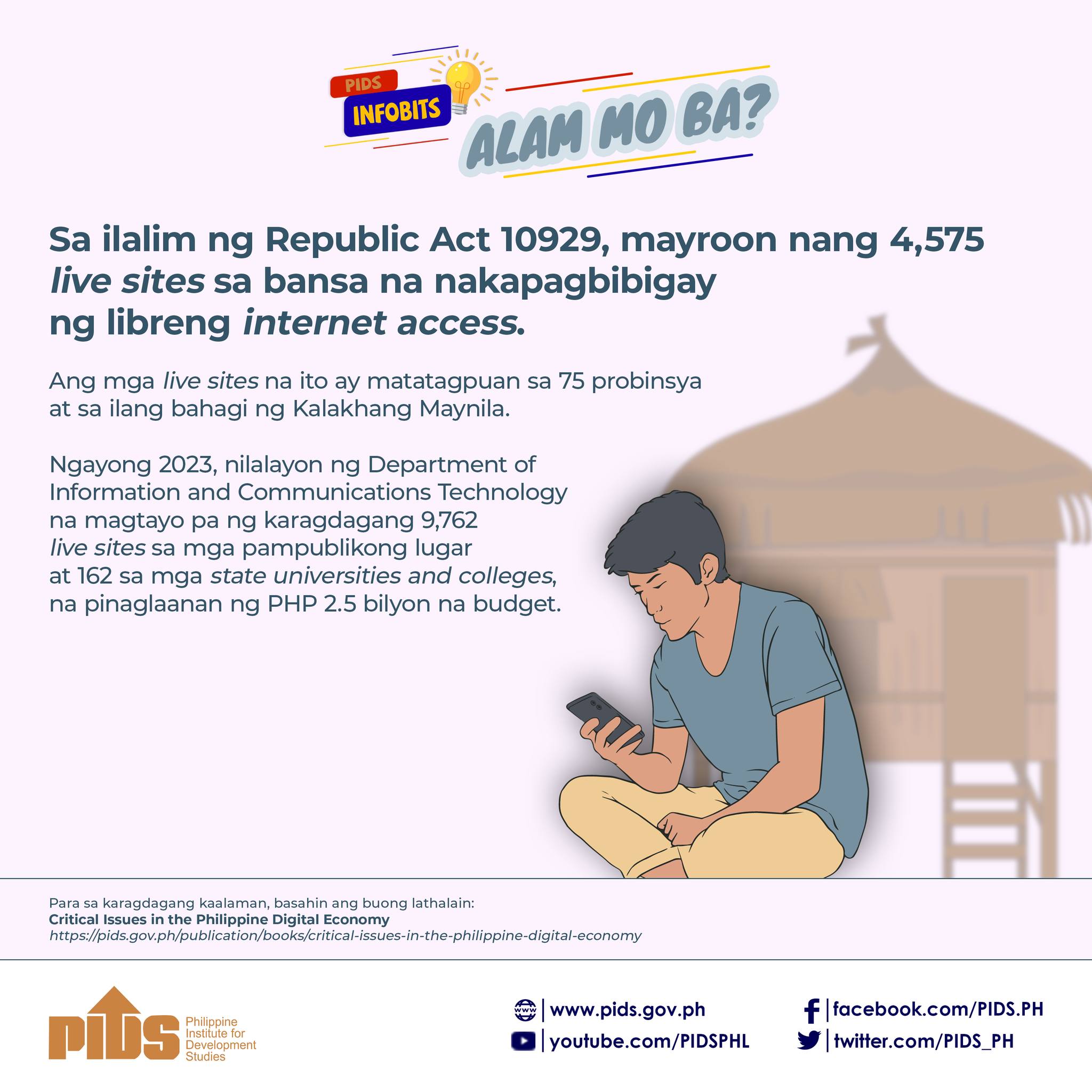MANILA, Philippines — An international think tank has said that more work needs to be done to make the internet more accessible to Filipinos nationwide even as it welcomed the government’s program aimed at improving internet connectivity.
Stratbase Institute said on Monday that the Broadband ng Masa program, which seeks to provide internet access to geographically isolated areas in the country, is critical to the archipelago’s push for digital transformation.
“The program empowers citizens, businesses, and the economy, thus playing a pivotal role in the country’s digital journey,” Stratbase Institute president Dindo Manhit said in a statement.
But while the country’s internet speed has recently improved, the think tank noted that the Philippines is still lagging among its peers in Southeast Asia in terms of broadband speed.
Citing data from the global connectivity firm Ookla, Stratbase said that the Philippines logged an average fixed broadband speed of 93.05 megabits per second (Mbps) and a download speed of 93.31 Mbps in January 2024 — exceeding the country’s expected internet speed of 92.19 Mbps.
“Despite this improvement, however, the 2023 edition of the Worldwide Broadband Speed League ranked the Philippines 86th out of 220 countries with an average download speed of 43.36 Mbps, which was slower than the Asian average of 45.72 Mbps,” the think tank explained.
“Moreover, connectivity in the rural areas are way below the national average – Region VIII’s fastest fixed broadband is 40Mbps, and the Bangsamoro Autonomous Region in Muslim Mindanao’s average download speed is 10Mbps,” it added, citing data from the Philippine Institute for Development Studies.
The think tank also said that the Philippines is third lowest in terms of affordability of mobile data, garnering a score of 47.01 out of 100 on the 2022 Global System for Mobile Communications Mobile Association Connectivity Index.
“Prohibitive connectivity costs cut off a large part of the population from the benefits of digitalization because such costs now have to compete with other basic goods that must be obtained in order to live. This will ultimately negate other key factors such as infrastructure and consumer readiness,” Manhit pointed out.
He further said that less internet access in rural regions leaves many people disconnected from opportunities available online.
Manhit, however, is optimistic that the government’s internet connectivity program will address this “digital divide.”
“We are confident that the government knows the direction it should take: ramp up investments in digital infrastructure to be in step with the private sector’s drive to expand connectivity nationwide,” Stratbase’s president said.
“This will transform the Philippines’ image as a laggard in connectivity into a globally competitive investment destination,” he added.
The government’s Broadband ng Masa Program is a collaboration with Converge ICT Solutions, Inc., which according to the Presidential Communications Office, entails the involvement of the Philippines in a subsea cable system project which would “speed up the country’s Wi-Fi connectivity.”



